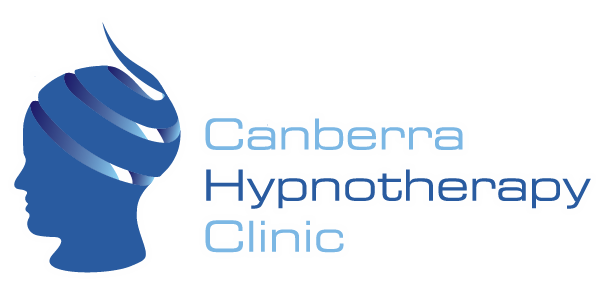Need Help?
Blogs
Your journey to inner peace begins here!
Contact us now to schedule your consultation and take the first step towards a calmer, more empowered you.
Need Help?
Mobile:
0421 206 918
Contact us now to schedule your consultation and take the first step towards a calmer, more empowered you.

The Canberra Hypnotherapy Clinic is accredited by industry authorities like the Australian Institute of Clinical Hypnotherapy and the National Hypnotherapist Register of Australia, ensuring top-quality services. Our therapists are highly trained, certified professionals with years of experience, dedicated to tailoring sessions to each client's specific needs and goals.
Phone: 1800 617 755
Mobile: 0421 206 918
Canberra Hypnotherapy Clinic
42 Geils Court, DEAKIN, ACT 2600
Sydney Office
98 Bondi Rd, BONDI JUNCTION NSW 2022